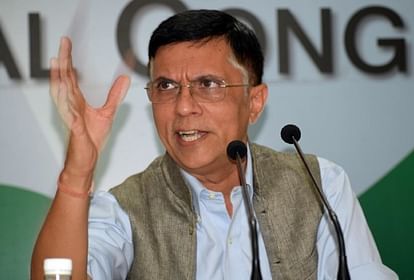A politician was recently arrested under Section 153A of the IPC for allegedly using derogatory language about the Prime Minister.

What the law says about Section 153A
- Section 153A of the Indian Penal Code (IPC) penalises “promoting enmity between different groups on grounds of religion, race, place of birth, residence, language, etc., and doing acts prejudicial to maintenance of harmony”.
- This is punishable by imprisonment for up to three years, a fine, or both.
- The provision was added to the penal code in 1898 and was not included in the original penal code.
- Promoting class hatred was a part of the English law of sedition at the time of the amendment, but it was not included in Indian law.
Charges laid for remarks against PM
- Sections 153B(1) (Making imputations, assertions prejudicial to national integration); 295A (Deliberate and malicious acts, intended to outrage religious feelings of any class by insulting its religion or religious beliefs); 500 (Defamation); and 504 were mentioned in the FIR (Intentional insult with intent to provoke breach of the peace).
Section 153A conviction rates
- According to data from the National Crime Records Bureau (NCRB), the conviction rate for Section 153A is extremely low.
- In 2020, 1,804 cases were reported, which was six times the number of cases reported in 2014.
- However, the conviction rate in 2020 was 20.2%, suggesting that the process often becomes the punishment.
Problems with the law
- Hate speech laws have been used by regimes of all parties to crack down on public functionaries’ criticism and to arrest individuals.
- The use of Section 153A is frequently criticised for restricting free speech and misusing legal processes for political ends.
Protection against abuse
- Given the broad language of the provisions, there are safeguards against their misuse.
- Sections 153A and 153B, for example, require the government’s prior approval before initiating prosecution.
- However, this is required before the trial begins, not during the preliminary investigation.
- In its 2014 ruling in Arnesh Kumar v State of Bihar, the Supreme Court established a set of guidelines to reduce indiscriminate arrests.
- According to the guidelines, police cannot automatically arrest an accused before conducting an investigation for offences carrying a sentence of less than seven years.
Source: https://indianexpress.com/article/explained/explained-law/section-153a-its-use-and-misuse-pawan-khera-arrest-supreme-court-8465400/
